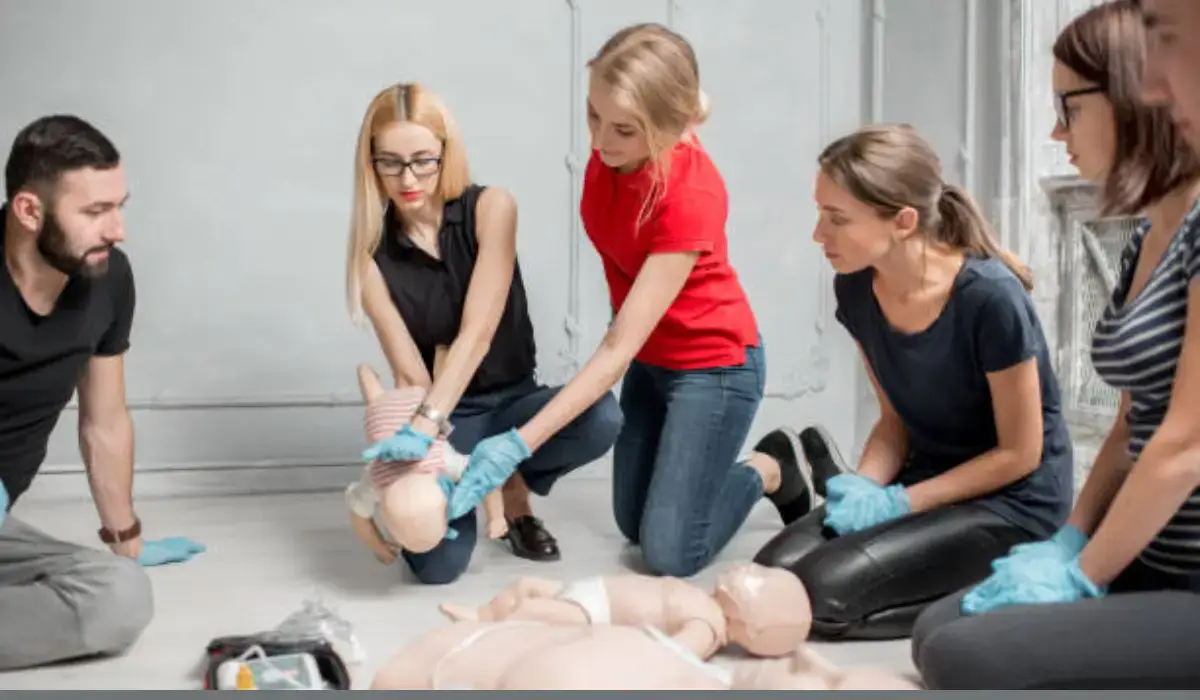
Issues Healthcare Workers Face During PALS Certification
Top 5 Challenges Healthcare Providers Face During PALS Certification
Pediatric Advanced Life Support (PALS) certification is crucial for healthcare providers involved in pediatric care. This certification ensures that providers are equipped with the necessary skills to manage critically ill infants and children, improving their chances of survival during emergencies. However, despite its importance, healthcare providers often encounter significant challenges when pursuing PALS certification. In this article, we explore the top five challenges faced by healthcare providers and strategies to overcome them.
What is Pediatric Advanced Life Support Certification
Pediatric Advanced Life Support (PALS) certification is a critical qualification for healthcare providers working in pediatric care. It equips professionals with essential skills to handle emergencies involving infants and children, ensuring they can provide life-saving interventions when every second counts. This certification, endorsed by the American Heart Association, equips professionals with life-saving skills, including advanced airway management, CPR, and the proper administration of medications during pediatric emergencies.
Illinois Safety offers comprehensive PALS certification classes in Chicago, ensuring healthcare providers are fully prepared to respond effectively in critical situations. With flexible course schedules, it’s easier than ever to balance work and training.
Take the step today and enroll in our PALS courses to enhance your ability to save young lives.
Challenge 1: Balancing Time for Training and Work
One of the most common challenges healthcare providers face during PALS certification is balancing the demanding work schedules with the time commitment required for training. Many providers, especially those with hectic hospital shifts, struggle to find the time to attend in-person training courses, such as PALS classes in Chicago.
To manage these conflicting demands, many providers opt for flexible course options like online training. Programs offering PALS recertification Chicago or PALS renewal classes Chicago often include flexible schedules or self-paced learning modules, allowing healthcare workers to complete training at their convenience. These options help alleviate the stress of balancing professional obligations with certification requirements.
Discover our flexible PALS certification classes that fit your busy schedule.
Challenge 2: Keeping Up with Updated Guidelines
The medical field is constantly evolving, and PALS certification is no exception. Providers often find it overwhelming to keep up with rapidly changing guidelines from organizations like the American Heart Association.
To stay updated, healthcare providers should commit to continuous learning, attending refresher courses such as American Heart Association PALS recertification Chicago. Additionally, subscribing to official AHA updates and utilizing online platforms for real-time information helps ensure that providers are always informed about the latest pediatric life support protocols.
Challenge 3: Mastering Pediatric-Specific Skills
Pediatric patients have unique anatomical and physiological differences compared to adults, which makes PALS certification especially challenging. Healthcare providers must master pediatric-specific skills, such as performing accurate chest compressions and administering the right medication dosages tailored to infants and children.
To address these challenges, hands-on practice during training is crucial. PALS certification classes Chicago emphasize simulations and real-life scenarios to help providers develop the confidence to apply pediatric-specific skills in real-world emergencies. Practice with American Heart Association PALS classes Chicago ensures that healthcare providers are well-prepared to handle pediatric emergencies effectively.

Challenge 4: Managing the Pressure of Certification Exams
The PALS certification exam is known for its high stakes, adding significant pressure on healthcare providers. The exam requires a comprehensive understanding of pediatric life support techniques, making it a stressful experience for many.
To overcome this challenge, preparation is key. Providers can access study resources, including PALS course metro Chicago, to familiarize themselves with exam content. Engaging in practice tests and review sessions can also help reduce anxiety and boost confidence. Additionally, stress management techniques, such as mindfulness and relaxation exercises, can help providers maintain focus during the exam.
Challenge 5: Applying Skills in High-Stress Situations
Another challenge healthcare providers face during PALS certification is translating classroom knowledge into real-world application, especially in high-stress situations. Pediatric emergencies often occur unexpectedly, and healthcare professionals must act quickly under pressure.
Scenario-based training plays a crucial role in overcoming this challenge. By participating in real-life emergency simulations, such as those provided in PALS classes in Chicago, healthcare providers can practice applying their skills in a controlled environment. This training helps build confidence, ensuring that they can perform efficiently during actual pediatric emergencies.
Don’t wait for an emergency to happen—gain hands-on experience by enrolling in our PALS courses today!
Overcoming the challenges associated with PALS certification is crucial for healthcare providers who work in pediatric care. From balancing work schedules to staying updated with the latest guidelines and mastering pediatric-specific skills, persistence is key. By tackling these obstacles, healthcare professionals can ensure they are fully equipped to provide life-saving care during pediatric emergencies.
Illinois Safety offers flexible PALS certification classes in Chicago designed to fit your busy schedule. Our expert instructors and comprehensive training will help you build confidence and competence in pediatric life support. Explore our training schedule or contact us at (630) 290-4280 for more details. Enroll today and take the next step in your professional development!
Stay connected with us on Facebook and watch more on our YouTube channel to stay informed about the latest training courses and safety tips.
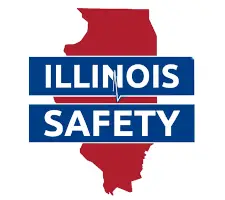
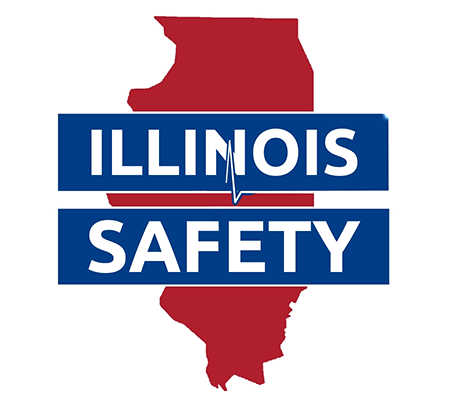
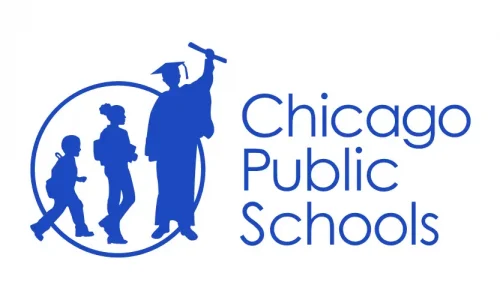

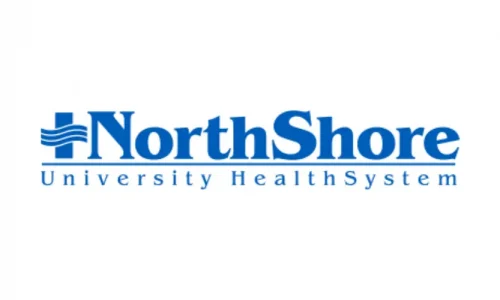




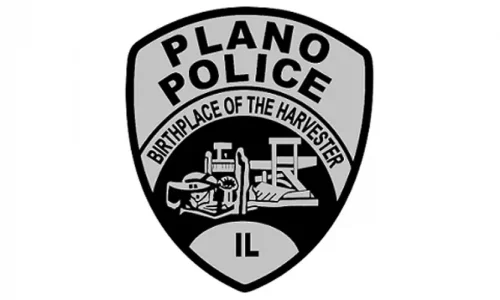
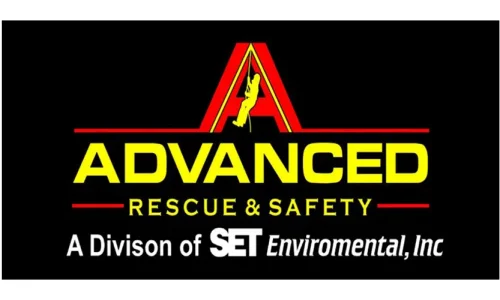
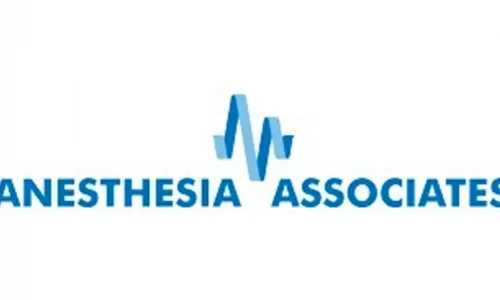
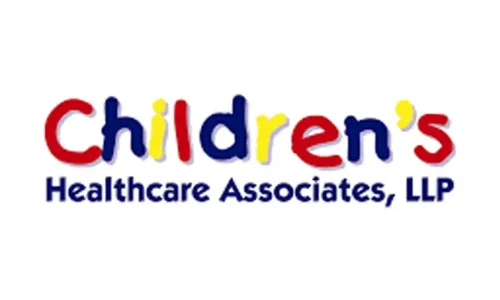



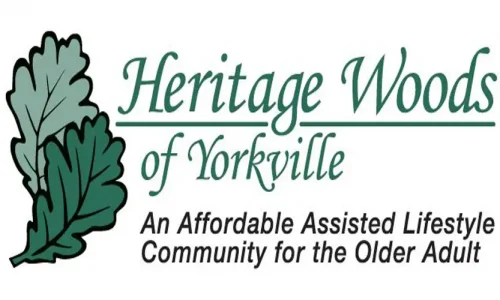
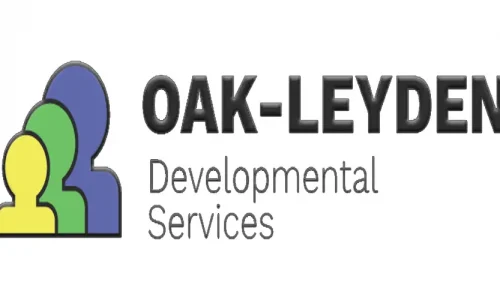

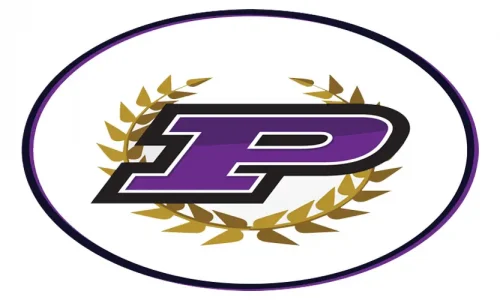
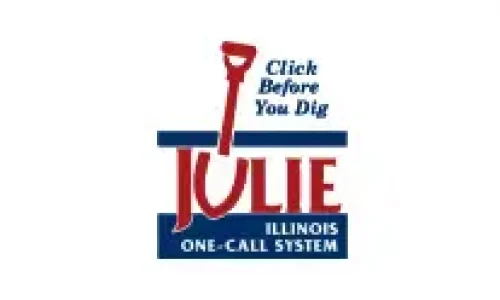


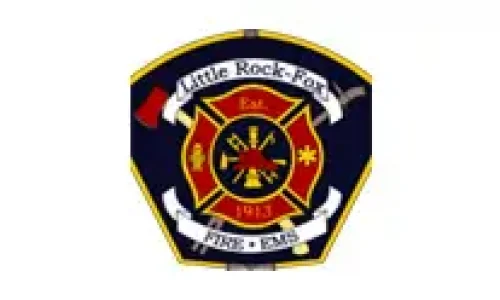
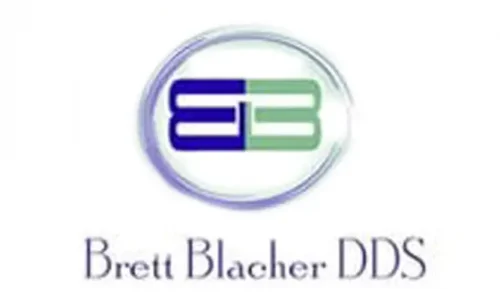
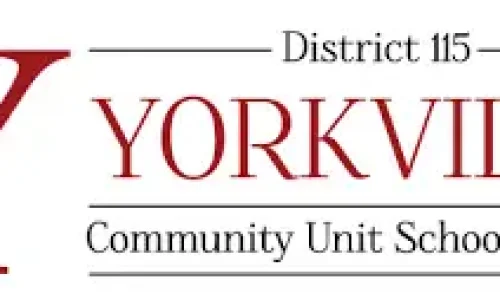



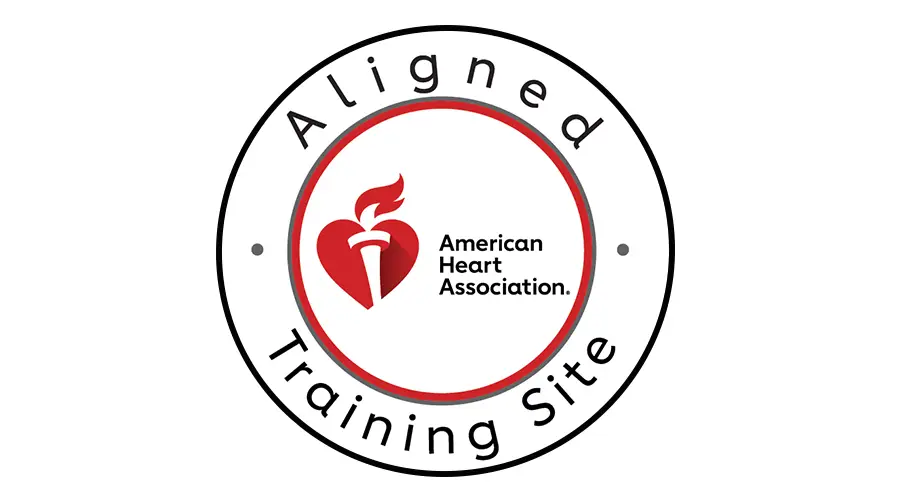
 Powered by
Powered by